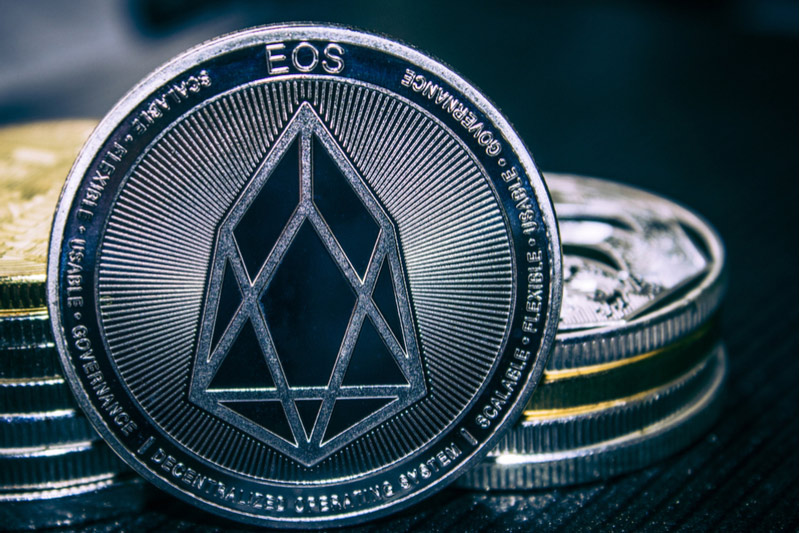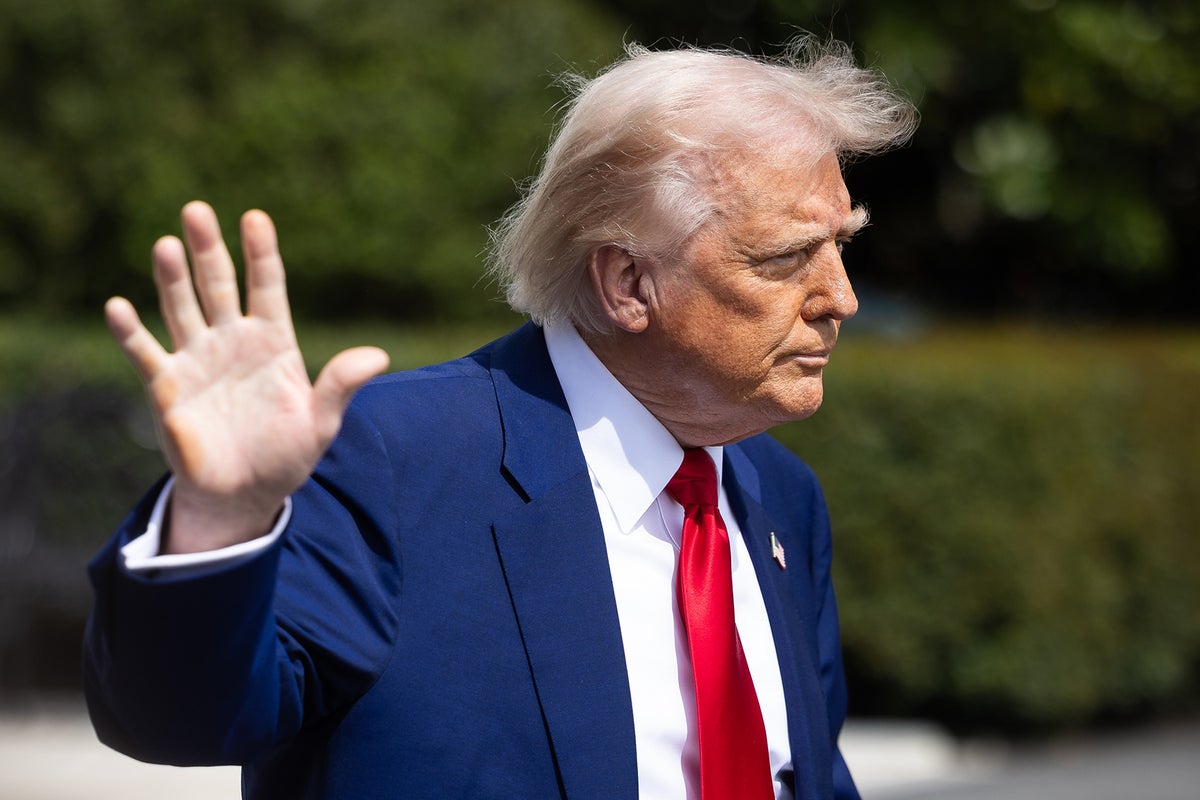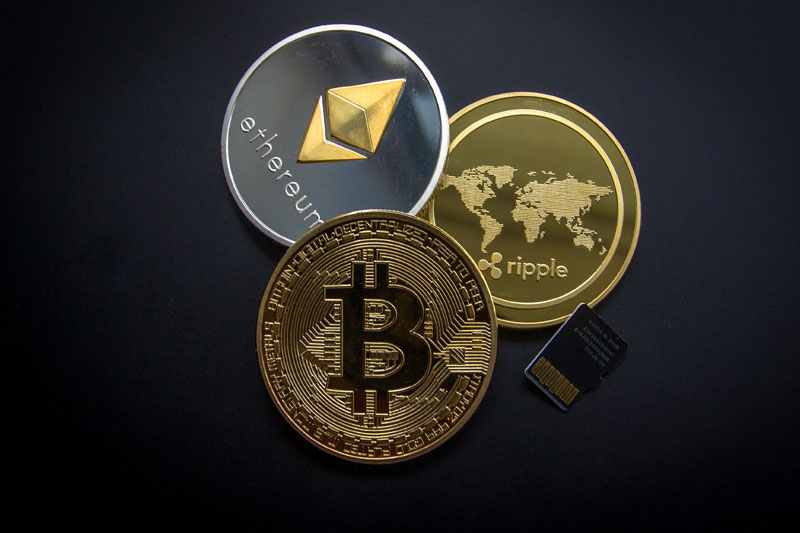Along with its “canary” network, it has borrowed ideas from previous platforms like . The challenge of scaling decentralized governance is something organizations like MakerDAO have been grappling with for a while.
Earlier this year, Polkadot optimized its governance model to allow simultaneous voting on multiple issues, all managed directly by the community. Polkadot’s OpenGov system is a major advancement in decentralized governance, giving DOT holders complete control over the network without any central authority.
In a decentralized network like Polkadot, resilience to corruption and disruption is critical. The absence of a single controlling entity ensures that no individual or group can dominate other members of the community or interfere with the underlying technology of the network.
Additionally, Polkadot’s OpenGov system enables community-driven decision-making on issues such as runtime upgrades and treasury allocations. Any DOT holder can propose changes or ideas directly on-chain, starting with gathering community feedback through discussions.
Proposals are categorized into different areas, such as infrastructure implementation, security measures, marketing initiatives, and events. Each area follows its own timeline for decision-making, confirmation, and implementation.
The voting process is based on the principle of “1 DOT = 1 vote.” During the decision period, DOT holders can vote “Yes” or “No” with or without conviction. Those who do not have the time or expertise to review all proposals can delegate their votes to trusted community members.
Platforms such as Polkadot’s governance interface, SubSquare, Talisman, and Subwallet offer avenues for voting, delegating, and reviewing proposals. Additionally, Nova Wallet offers a built-in governance UI for these activities.
That said, Polkadot governance has matured rapidly since the launch of OpenGov in 2022, moving from theory to practice with hundreds of community-led referendums.
Polkadot’s treasury, currently valued at around €300 million, is allocated to various projects in different spending categories. The community can vote on proposals for a period of between 7 and 28 days, depending on their complexity and importance. The recent “Decentralized Voices” initiative balances voting power by giving more influence to active community members.










